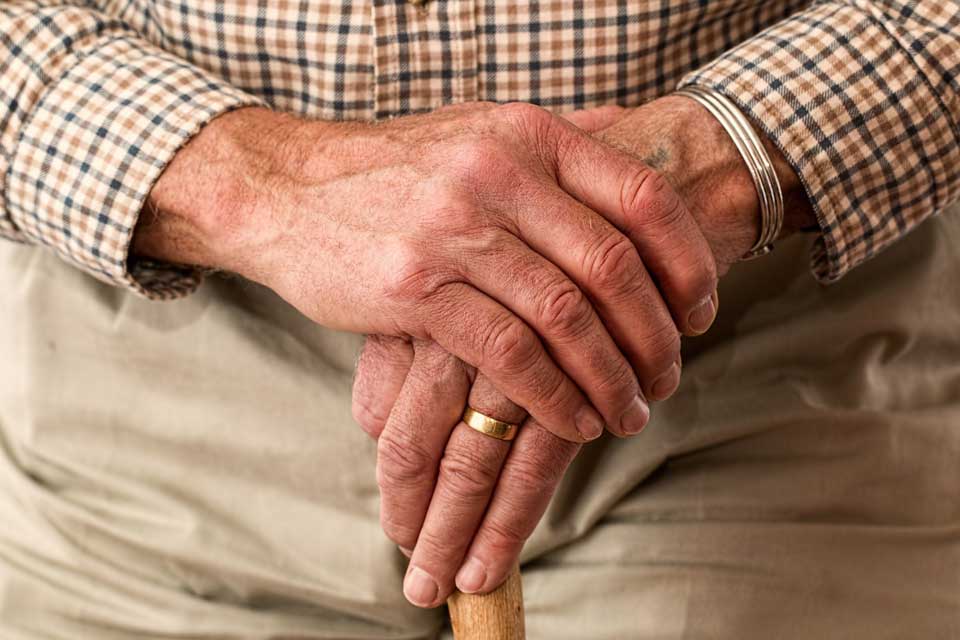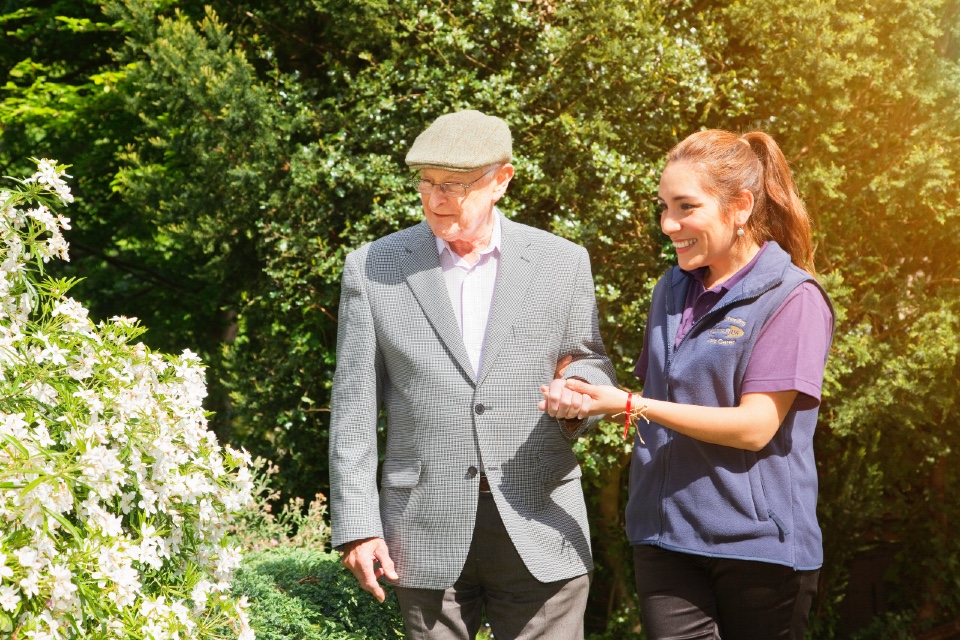End-of-life care is not a topic that many people want to think about, yet the reality is that each year an estimated 40 million people worldwide are in need of palliative care. Most people, given the choice, would like to pass away with dignity, pain free, and in the familiarity of their own home.
Live-in palliative care nurses’ support and compassion enable this for individuals in need. Peter Seldon, CEO, Consultus Care & Nursing, explores the role of these extraordinary end-of-life nurses, and the positive impact that they can have on individuals coming to the end of their life, and their families.
Raising awareness
Studies suggest that there is a general lack of knowledge among the public around the concept of palliative care, with many study participants citing that they perceived palliative care as ‘pain relief for people with terminal illness at the end of life with the aim of achieving a peaceful death’. While a significant part of palliative care involves nurses administering pain relief to keep their patients comfortable throughout the dying process, end of life nurses also provide a far more holistic approach with the provision of psychological, social and spiritual support.
Ultimately, the goal of palliative care is to achieve the best quality of death for patients and their families. As suggested in The End of Life Care Strategy by the Department of Health, a good quality of death includes the following:
- Being treated as an individual, with dignity and respect
- Free from pain and other symptoms
- In familiar surroundings
- Being in the company of family members and/or friends
Unfortunately, the same paper highlighted that many people coming to the end of their lives experience unnecessary pain and other unwelcome symptoms; are treated with a lack of dignity and respect; and often do not pass away where they would choose to. You’d think there would have been some improvement since, but sadly a recent Marie Curie report titled ‘Better End of Life’ clearly shows that end of life care in the UK was not deemed an essential service during the Coronavirus pandemic which severely compromised the quality of palliative care and left many patients to pass without the comfortable and dignified end they deserved. With the projected increase in the number of people passing estimated at an additional 100,000 per year by 2040, clearly this type of care is an essential front-line service that must be a core part of the Government’s social care reform strategy – not an afterthought.
So how can we ensure that everybody, given the choice, can die with dignity, without pain and in their familiar surroundings?
Choosing live-in palliative nursing
The pandemic has shown us the shortcomings of a centralised, institutionalised, inflexible and unaffordable model of care which has highlighted the need to provide the older generation with the dignified and high-quality palliative care they deserve. Live-in end-of-life nursing relieves the pressure on care homes, hospices, hospitals, and community care by providing an ideal alternative care option for those in need. With Government attention and support to this sector, more staff can be recruited to provide live-in palliative care to more people across the nation.
This means that, importantly, individuals can receive the quality end-of-life care that they deserve. A live-in palliative care nurse provides round-the-clock care ensuring that the client is continuously kept as comfortable and as pain free as possible. A professional palliative care nurse will immediately find out whether they are experiencing any pain and some patients will have prescribed medications or sedatives, like morphine, which a live-in nurse can administer. They also have sensitive conversations with loved ones around the topic of who wants to be present at the time of death and will ensure the correct documents such as the do-not-resuscitate (DNR) order are in place.
Though it is a topic that we don’t discuss much, it’s something that will affect us all, and there is little awareness that choosing a 24/7 palliative care live-in nurse to ensure your final moments are peaceful and dignified, is an option. From the family perspective, the decision to arrange care for their loved one is often taken at the last moment, at an understandably emotional and distressing time. As such, the presence of a live-in nurse can also be invaluable for the family to help them cope with the situation.
Not only are they ensuring the individual is pain free and as comfortable as can be, but they can also take care of other logistical issues, from making cups of tea to answering the phones and even assisting with funeral arrangements. Each situation is different, and ultimately families should have the option to lean on a professional and caring live-in nurse who can support them as much or as little as they need during that time.
Dying with dignity
Every individual will have different dying wishes, so choosing a live-in palliative care nurse means that these wishes can be fulfilled, from being dressed in a particular chosen outfit, to being surrounded by family, or in some situations not, in which case a live-in nurse will be the only person present during the death often holding the patient’s hand in their final moments. Ultimately, the role of a live-in palliative care nurse is to help individuals pass away in a place that they choose, pain-free and peacefully. End-of-life care shouldn’t be a topic that we avoid out of awkwardness – there are options available that can truly provide the dignified end the older generation deserves.




